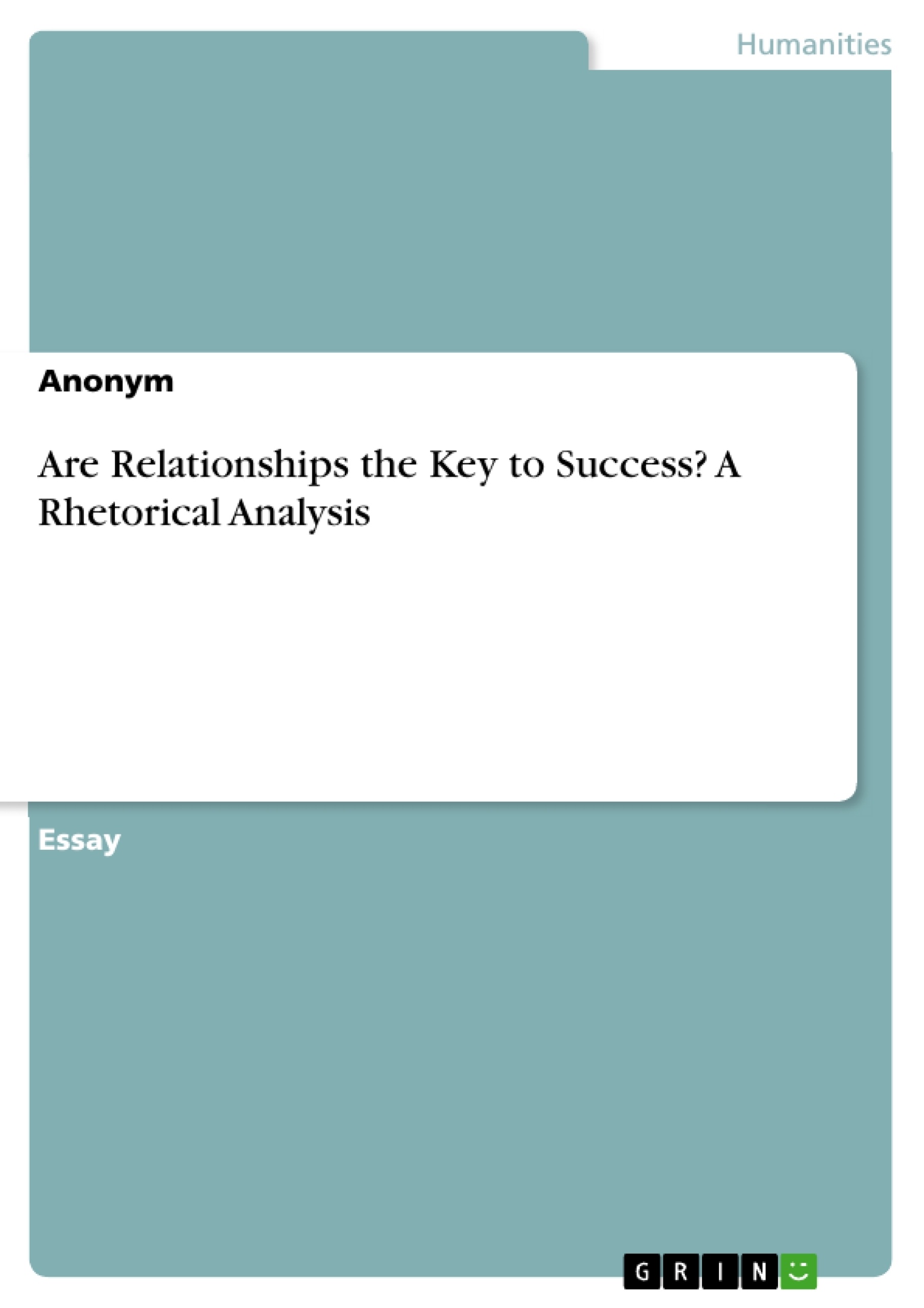In this in-depth rhetorical analysis of beloved Rita Pierson's Ted Talk, we discuss her claim that healthy relationships between teachers and students are necessary to achieving success in the classroom. In her impassioned Ted Talk speech, the late educator Rita Pierson uses her personal experiences and playful sense of humor to convey that forming personal connections with students is key in promoting their academic success. Coming from forty years of educational work herself, Pierson approaches her peers with a fervent request: try harder to form real relationships with the budding minds that they influence every day. While Pierson does acknowledge the common issues like poverty and peer pressure that can hinder students from learning, she also suggests that healthy relationships can combat them. She insists on the importance of healthy relationships using her own wisdom, gained through years of student exposure, and convinces her audience with her warm demeanor.
Table of Contents
- Are Relationships the Key to Success?: A Rhetorical Analysis
- Introduction
- Logos: The Importance of Facts and Research
- Ethos: The Speaker's Credibility
- Pathos: The Emotional Appeal
- Criticisms and Considerations
- Conclusion
Objectives and Key Themes
This essay aims to analyze Rita Pierson's TED Talk speech, "Every Kid Needs a Champion," and examine how she uses rhetorical devices to argue for the importance of strong relationships in promoting student success. It explores how Pierson utilizes logos, ethos, and pathos to persuade her audience of fellow educators.
- The role of teacher-student relationships in academic achievement
- The use of rhetoric, particularly logos, ethos, and pathos, in persuasive communication
- The impact of socioeconomic factors on student success
- The importance of emotional connection and support in education
- The limitations of focusing solely on relationships as a solution to educational challenges
Chapter Summaries
- The essay begins by introducing Rita Pierson's TED Talk speech, "Every Kid Needs a Champion," and outlining the central argument for the importance of personal connections in promoting student success.
- The second section focuses on the use of logos in Pierson's speech. It highlights how she provides factual evidence and research findings to support her claim, including data on the struggles of students from low-income backgrounds and the impact of strong relationships on academic performance.
- The third section delves into the speaker's use of ethos, exploring how she establishes her credibility through her extensive experience as a teacher, her personal anecdotes, and her warm and engaging demeanor.
- The fourth section examines how Pierson employs pathos to evoke emotional responses in her audience. It analyzes her use of personal stories, emotional language, and heartfelt appeals to inspire hope and conviction among educators.
- The fifth section presents critical considerations regarding Pierson's argument. It acknowledges that while strong relationships are important, they may not be the sole solution to educational challenges. The section also critiques certain claims made in the speech, such as the assertion that simply repeating positive affirmations will lead to self-belief.
Keywords
This essay explores key concepts like teacher-student relationships, academic success, rhetoric, logos, ethos, pathos, socioeconomic factors, emotional connection, and educational challenges. It also examines research findings on the impact of relationships on student performance and the complexities of addressing educational disparities.
Frequently Asked Questions
What is the main argument of Rita Pierson's TED Talk?
Rita Pierson argues that healthy, personal relationships between teachers and students are the primary key to academic success.
How does Pierson use 'Ethos' in her speech?
She establishes credibility (ethos) through her 40 years of experience in education and her warm, engaging personal demeanor.
What rhetorical devices are analyzed in the essay?
The analysis focuses on the use of Logos (facts/research), Ethos (credibility), and Pathos (emotional appeal).
Does the essay criticize Pierson's approach?
Yes, the section 'Criticisms and Considerations' explores the limitations of focusing solely on relationships to solve complex educational issues like poverty.
What is the significance of the title 'Every Kid Needs a Champion'?
It reflects Pierson's belief that students need an adult who will never give up on them and insists they become the best they can be.
- Citation du texte
- Anonym (Auteur), 2021, Are Relationships the Key to Success? A Rhetorical Analysis, Munich, GRIN Verlag, https://www.grin.com/document/1149081



